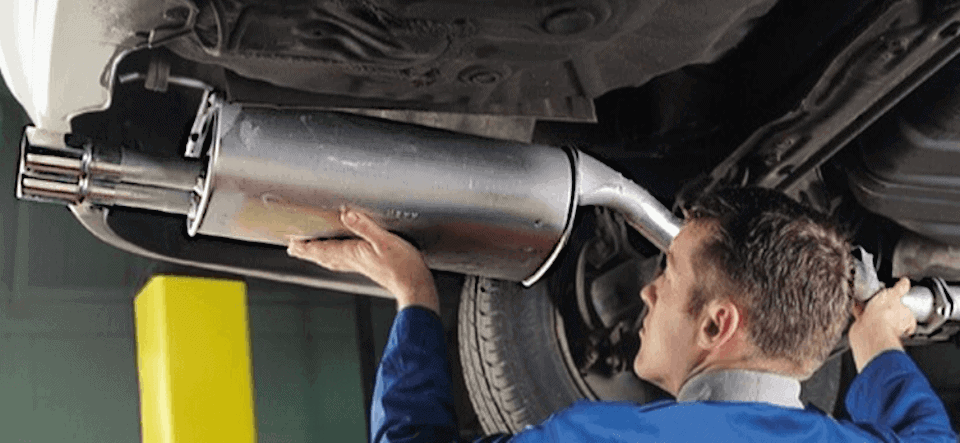1.Cars equipped with three-way catalytic converters cannot use leaded gasoline, because after leaded oil is burned, lead particles will cover the surface of the catalyst when they are discharged through the three-way catalytic converter with the exhaust gas, reducing the area of action of the catalyst, thereby greatly reducing the catalysis The conversion efficiency of the three-way catalytic converter leads to lead poisoning.
2.Avoid the unburned mixture from entering the catalyst. The temperature at which the three-way catalytic converter starts to work is about 200 ℃, and the best working temperature is between 400 ℃ and 800 ℃。However, the precious metal components used as catalyst will also have chemical changes in themselves after the temperature exceeds 1000 ℃,which will reduce the effective catalyst composition in the catalyst and weaken the catalytic effect. Therefore, the following situations should be excluded during the use of the vehicle:
First, idle for too long; Second, the ignition time is too late; Third, individual cylinders are on fire and do not work; Fourth, it is difficult to start; Fifth, the mixture is too thick; Sixth, the engine burns oil and seventh, the oxygen sensor fails; Eighth, the water temperature is too high due to poor heat dissipation.
3.When driving on uneven roads, you should pay special attention not to "support the bottom", because most of the three-way catalytic converter is a catalyst carrier formed by honeycomb pottery, which is easily broken after a collision, causing the catalytic converter to fail and the exhaust pipe to block.
4.In the event of abnormal working conditions, such as flashback or repetitive stalls, stop and check in time, because these conditions can cause permanent damage to the catalytic converter.
5.Do not turn off the ignition switch of a moving vehicle.
6.Do a good job of checking the three-way catalytic converter during vehicle maintenance. The inspection content includes: whether there is abnormal noise in the exhaust pipe, which is usually caused by the loosening of the exhaust pipe joint, the damage of the three-way catalyst, the loosening of the catalyst replacement plug, etc.; whether the exhaust pipe is cracked or the shell is flattened, etc. The appearance of the engine is damaged; whether there are catalyst particles discharged from the exhaust tail pipe. If the shell of the three-way catalytic converter is damaged or the exhaust tail pipe emits particles, it needs to be replaced.
